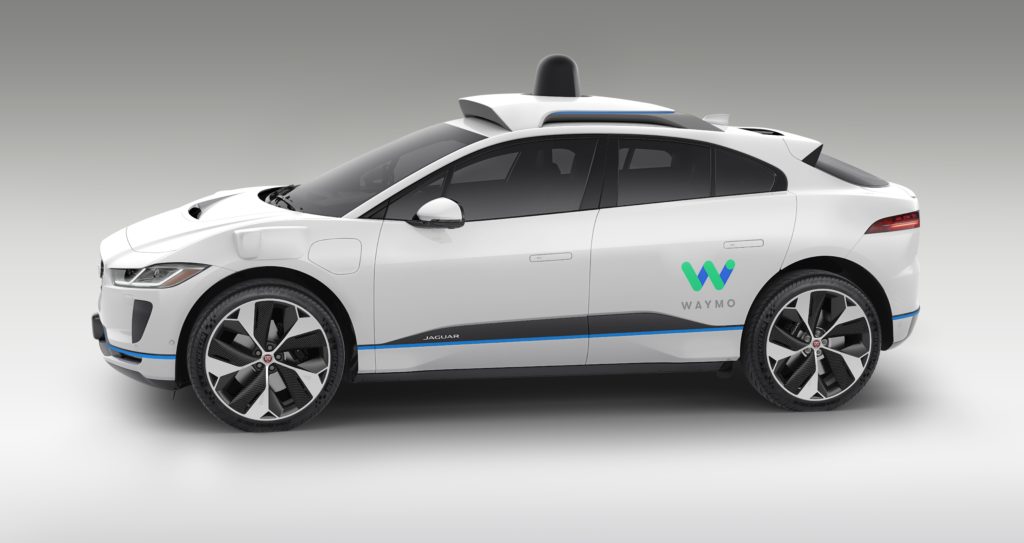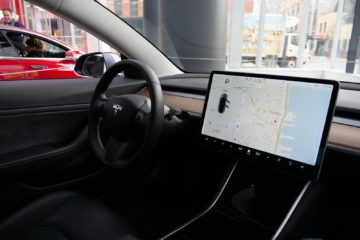There’s a growing trend, especially in Europe, to ban fossil fuel driven vehicles. Numerous countries are hopping on the bandwagon in some form or another. So far the list includes:
- France: Complete country wide ban on the sale of new fossil fuel cars by 2040 [Source]
- UK: Complete country wide ban on the sale of new fossil fuel cars by 2040 [Source]
- Norway: Has “goal” of reaching 100% of new car sales being electric by 2025 [Source]
- India: Has plans for all cars country wide to be 100% electric as well as a ban on the sale of new fossil fuel cars by 2030 [Source]
- Netherlands: Has “goal” of a complete country wide ban on the sale of new fossil fuel cars by 2025 [Source]
- Germany: Has passed a resolution banning fossil fuel cars from 2030 [Source]
That’s a pretty decent share of the market! All up those countries represent around 1.562 billion people which at our current world population rate is 20%. You can also bet other countries on looking on and spurring their own changes too.
China is very quickly becoming the world leader in EV’s due their huge investments, huge markets and highly pro-EV attitude. Granted choking to death every time you open your window will do that to a country. It’s no surprise they want to ban fossil fuel cars as quickly as possible.
Currently they have mandates for 8% of new cars to be electric by 2018 and 12% by 2020. This mandates is so strong that virtually all traditional car companies (bar Tesla) had to go begging to them to slow things down as they couldn’t keep up with building that many electric cars. Sitting on your ass for years claiming that “no one wants EV’s” will do that to a company though.
Why Banning Fossil Fuels Won’t Help

Most people may know a little about EV’s or even own one but few seem to have properly done the math and extrapolated historic trends out a few years as although the above announcements are fantastic, by 2025 you’re not going to want to buy a petrol or diesel car, trust me. EV’s are a little bit expensive still however they’ve come a long way in a very short time and are only just getting started.
For those of you that don’t own an EV or know much about them electric cars generally have the following advantages over traditional Internal Combustion Engine (ICE) cars:
- 10x lower operating costs (petrol vs electricity)
- Far lower maintenance costs (no replacing fluids, oils, spark plugs, radiators, pipes and your brakes usually last many years too)
- Safer due to no engine block up front allowing for more crumple zones
- Safer again due to the batteries being down the bottom and reducing roll over chances
- Lower centre of gravity and better handling due to batteries being down the bottom
- More room in the cabin and even front trunk due to smaller engine/motor size
- Quieter driving experience, you can hear more outside and enjoy music inside too
- Can have car running inside enclosed areas to heat/cool or just idle
- Doesn’t require going to a petrol station each week (you just plug it in when you get home like your phone)
- Better for the environment
- Better for your health
- Usually faster acceleration times due to the motors quicker response times
- Instant torque available at all speeds for a faster and safer drive
That’s a lot of advantages! Pretty much the only disadvantage is their slightly higher upfront cost and ability to charge up quickly on the rare occasion you go on a long distance trip. Surprisingly the main factor stopping people from buying EV’s isn’t their price but in fact just not knowing about them! That should change drastically as EV’s begin to enter the mainstream and penetration exceeds ~15%. This has been the case with many other technology S curves.
The first 5-8% are the extreme early adopters with the 8-15% crowd wanting to wait for the second or third iteration of a new product. Both these stages can take a long time to complete but in almost every case before (air conditioners, washing machines, smartphones, fridges) once it hits around 15%, mass adoption takes over and within a few short years penetration is upwards of 80%.
The Timeline

Judging from consistently decreasing battery costs and major automaker announcements it seems like the 8-15% crowd will be buying their cars around the 2018 – 2020 mark. After this point you should be able to buy a huge range of EV’s from traditional and new companies.
The cars will be available worldwide and with second, third and even fourth generation technologies at work. The cars will drive further (likely a solid 400km’s+) and charge quicker too (due to new higher voltage charging networks). The cost will either be the same as their fossil fuel counterparts or less even before you take into account the maintenance and operational costs.
Beyond 2020 that S curve is going to go bonkers with people dumping their old fossil fuel cars left and right. Second hand markets for them will likely tank as governments the world over ban them left and right. Personally, I can’t wait for this to happen and all the above doesn’t even take into account Fully Autonomous Self-Driving cars.
This adds yet another layer over the top which also doesn’t paint a pretty picture. That can be investigated later though, for now I’ll just sit here and wait for my Tesla Model 3.
Are you one of the early adopters or are you waiting for the bugs to be worked out before buying? Let us know in the comments below!
The benefits include: 1) How to get those silky smooth videos that everyone loves to watch, even if you're new 2) How to fly your drone, from taking off to the most advanced flight modes 3) Clear outlines of how to fly with step-by-step instructional demonstrations and more 4) Why flying indoors often results in new pilots crashing their drone 5) What other great 3rd party apps are out there to get the most out of your drone 6) A huge mistake many pilots make when storing their drone in the car and how to avoid it 7) How to do all of these things whilst flying safely and within your countries laws.




